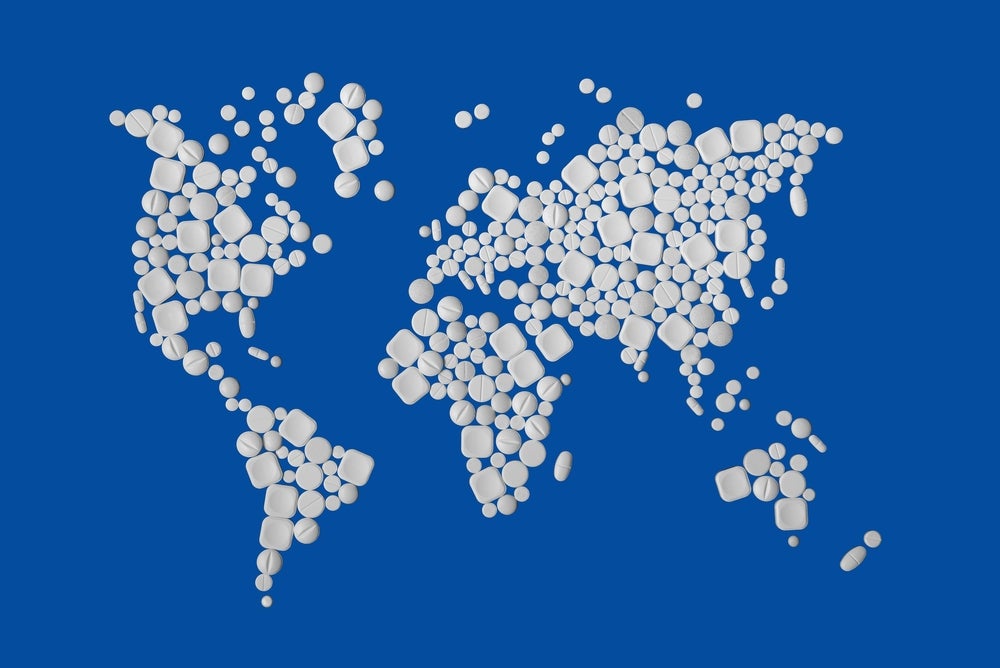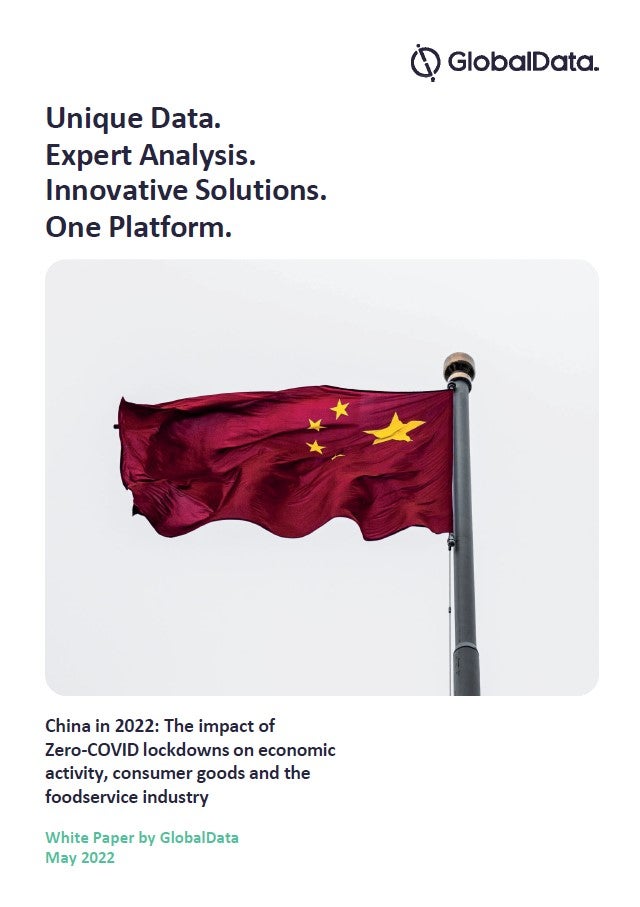
The Covid-19 pandemic has seriously disrupted the world over the past six months. It has presented unprecedented challenges to scientists and governments trying to grapple with mitigating the spread of the disease, as well as developing long-term prevention and treatment approaches.
In April, as part of global efforts to end the pandemic, the World Health Organization (WHO) launched the Access to Covid-19 tools (ACT) Accelerator to facilitate global collaboration on equitable access to tests, treatments and vaccines against Covid-19. The accelerator centres around the concept that “in the fight against Covid-19, no one should be left behind”.
The initiative has been supported by political actors, including the President of France Emmanuel Macron and European Commission President Ursula von der Leyen, as well as public health actors, such as the Global Fund, the Coalition for Epidemic Preparedness Innovations (CEPI), Gavi, the Wellcome Trust and the Bill and Melinda Gates Foundation.
The ACT-Accelerator is divided into four pillars of work – diagnostics, treatment, vaccines and strengthening health systems – which are overseen by different expert supporters.
Spotlight on Gavi’s COVAX pillar
Within the COVAX pillar, Gavi has created the COVAX Facility, which is “a risk management mechanism that increases chances that a successful vaccine or vaccines will be available in large quantities quickly after regulatory approval for any country that needs it”, explains a Gavi spokesperson. It acts like a pooled procurement mechanism and ensures access to Covid-19 vaccines is equitable and not based on countries’ relative wealth.
How well do you really know your competitors?
Access the most comprehensive Company Profiles on the market, powered by GlobalData. Save hours of research. Gain competitive edge.

Thank you!
Your download email will arrive shortly
Not ready to buy yet? Download a free sample
We are confident about the unique quality of our Company Profiles. However, we want you to make the most beneficial decision for your business, so we offer a free sample that you can download by submitting the below form
By GlobalDataIt gives governments the opportunity to access “a large portfolio of COVID-19 candidate vaccines using a range of technology platforms, produced by more manufacturers across the world”, thereby creating “bigger market to provide security of demand – often with greater scope than governments or regional groups can support on their own,” notes the Gavi spokesperson.
The spokesperson adds: “The facility also contributes to a global scale-up of vaccines and therefore to controlling the pandemic.”
“The more countries that participate in the facility, the greater the facility’s ability to invest in a greater number of deals, increasing both the chances of success and the ultimate availability of supply.”
Berkley emphasised that all countries can be part of the COVAX Facility – those who can self-finance and have signed bilateral deals with vaccine manufacturers, as well as those who require financial support. He explained: “Doses will be distributed equitably as they become available between the self-financing countries that will pay for their doses and developing [or funded] countries that would otherwise be unable to afford to pay for the vaccine”. This means that it ensures “people in countries that cannot afford Covid-19 vaccines will get access immediately”.
For those countries that can sign their own bilateral deals, Berkley noted “the COVAX Pillar will complement these deals” by acting like a “classic insurance policy, allowing participants to increase their chances of getting vaccines for up to 20% of their population, and reducing the chances of getting no vaccines from bilateral agreements, as they may end up failing to reach licensure”.
An AMC for Covid-19 vaccines
“The facility is reinforced by the Gavi COVAX Advance Market Commitment (AMC), which provides funding for vaccines for lower-income countries” who have engaged in the COVAX Facility, explains the Gavi spokesperson. “[This helps in] creating scale and therefore making the facility more attractive to manufacturers who will benefit from an orderly market, as well as creating the opportunity to tackle the pandemic around the world.”
Some further funding for the facility will also come from Official Development Assistance by Gavi’s donor countries.
By providing volume guarantees to manufacturers for their vaccine candidates even before they are approved and licensed, the AMC gives those manufacturers confidence to invest in scaling up their manufacturing early on.
Further to this, according to Berkley, “the AMC will not only help pay for the vaccine doses for people who would otherwise not be able to afford them, but it will also go towards overcoming the daunting task of distributing the vaccine in these countries.”
The concept of an AMC for Covid-19 vaccines is inspired by Gavi’s previous AMC for pneumococcal conjugate vaccines (PCV), which was launched in 2005. This financing mechanism has meant “more than an estimated 225 million children across 60 low and lower-middle income countries have been vaccinated against the leading cause of pneumonia only a decade after the vaccine was introduced in developed countries,” states a Gavi spokesperson.
The spokesperson continues: “PCV coverage rates are now as high in the developing world as they are in the developed world and the use of the vaccine is expected to avert more than 700,000 deaths in Gavi-supported countries by 2020.”
The COVAX AMC’s progress to date
The WHO investment case suggests delivering the COVAX’s pillar aim of providing two billion doses globally by the end of 2021 will require $18.1bn in funding; Gavi estimates the COVAX AMC needs $2bn to “cover the cost of providing vaccines for the 90 developing countries that qualify as funded countries,” noted Berkley. To date, 75 self-financing countries have signed up to the COVAX Facility to support these 90 poorer nations.
Currently, slightly more than $500m has been secured from various developed countries – including Italy, the UK, Canada and Norway – as well as the private sector. A recently announced investor is TransferWise, which will waive all fees on donations to the AMC on its money transfer platform up to a total of $7m.
To date, the only manufacturer that has signed up to the AMC is AstraZeneca. According to its memorandum of understanding, the big pharma company will guarantee 300 million doses of its Covid-19 vaccine, which is being developed with the University of Oxford.
In a statement, AstraZeneca CEO Pascal Soriot said: “Today marks an important step in helping us supply hundreds of millions of people around the world, including to those in countries with the lowest means.”
Gavi is in discussions with other vaccine manufacturers about engaging with the COVAX Facility and the AMC. The alliance is being supported by its partner CEPI in this endeavour, which is working on “investing in R&D and manufacturing”, says Gavi’s spokesperson.




